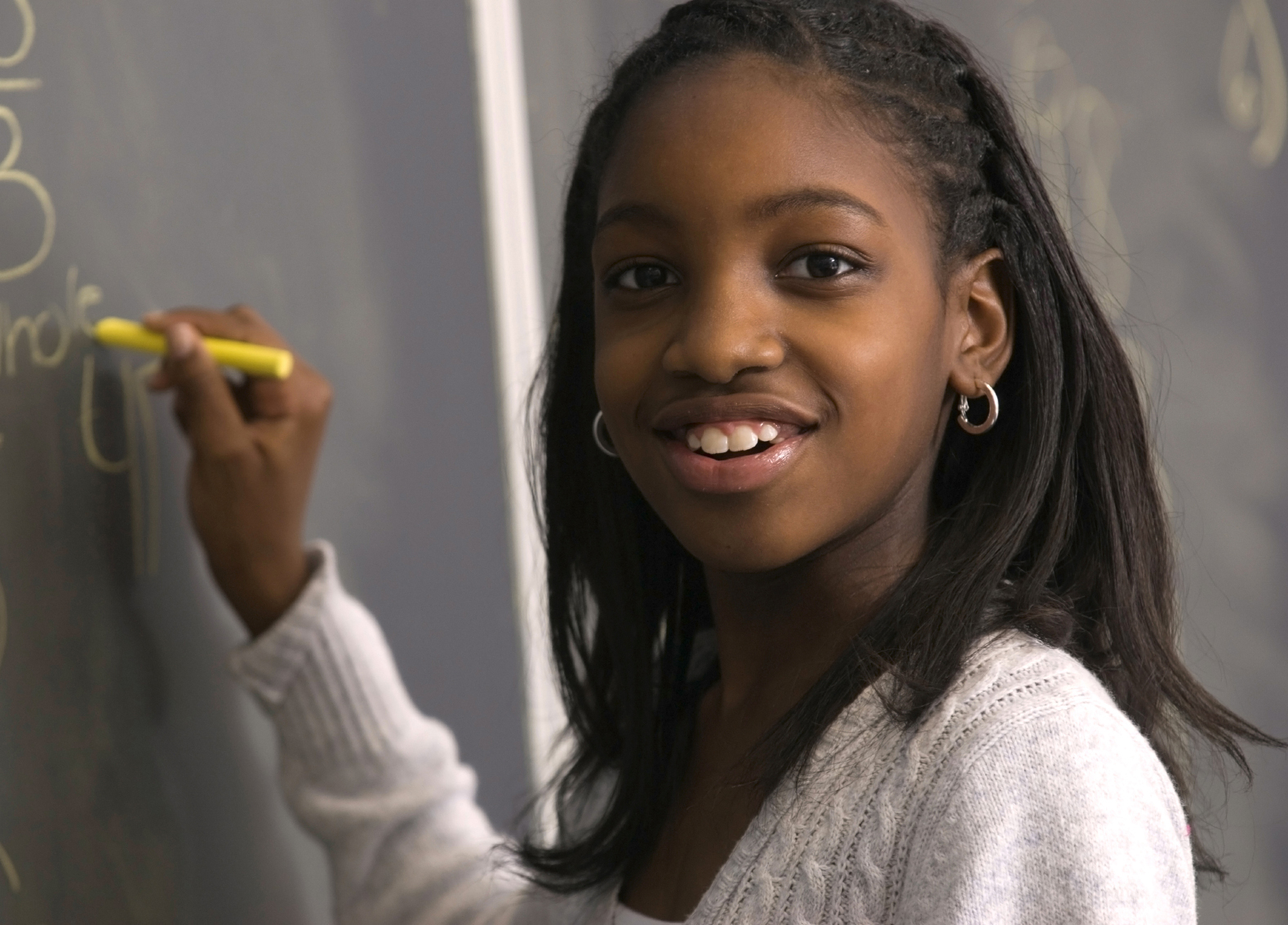by Amanda Tucker, Assistant Director of Undergraduate Studies; Lecturer, Department of Mathematics
For the past two summers, I have had the pleasure of spending a week with a group of high school aged girls at a program called GirlsGetMath@ICERM, which takes place at Brown University’s Institute for Computational and Experimental Research in Mathematics (ICERM). It is now my immense honor to start the inaugural year of a sister program GirlsGetMath@Rochester right here at home in Rochester, NY. In this weeklong day program, we will be bringing together like-minded math-loving girls to study a variety of topics in applied mathematics and then programming in the mathematical software called MATLAB to get our own results firsthand.
The goal is to expose students to the beauty of math beyond what they might normally see in a high school classroom, so as to spark their curiosity and light up their desire to know more about the wonderfully wide world of mathematics and, more generally, science, technology, and engineering as well. With this goal in mind, in recent years we have covered topics like recommendation systems (like Netflix or Amazon), fractals and Fibonacci numbers (math in nature), graph theory and networks (the math of Facebook and the Internet), the math of fairness and fair-division, image processing (the math behind Instagram), cryptography (the math of secret codes), primality testing, probability and Markov chains. Of course, after each interactive learning session, students hop on their computers and start programming.
It sounds cliché to say it, but my favorite thing about working at GirlsGetMath is the students. They are always so bright and nimble-minded, and, without fail, so excited about what the future might hold in store for them. Even if they come in with doubts about their ability to work on the daily MATLAB labs, they always end up finding success and growing so much during the week. The most timid student on Monday might be the fastest coder by Friday. Students take that empowered feeling with them into their 11th or 12th grade years. Many of them look for further coding resources, and some of them even get in touch with us in future years about all the wonderful math, science, and engineering they are doing down the line. We just heard from a former student a few weeks ago who is now taking a neuroscience class that suggests a student have a background in MATLAB at Brown’s summer program. There is nothing so sweet in life as knowing you played even a small part in inspiring a girl to pursue her dreams.

